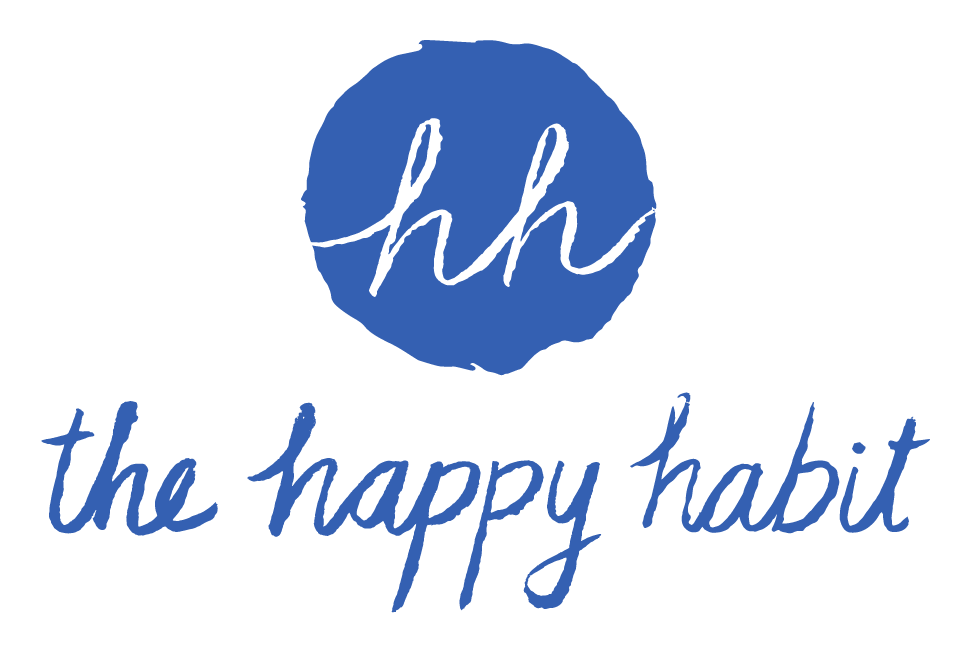Mindfulness Practices: The Benefits of MeditationHow Meditation Helps with ADHD
Meditation has gained popularity as an effective tool for managing various mental health conditions—including ADHD. Research indicates that mindfulness practices can improve attention span, reduce impulsivity and anxiety and enhance emotional regulation among neurodivergent individuals. Meditating before bed is also a terrific way to relax your nervous system and slow down those racing thoughts and ruminations. Why not explore different ADHD meditation techniques on the free meditation app The Happy Habit.
Incorporating Meditation into Daily Life
Start Small: If you’re new to meditation, begin with just five minutes each day. There is a meditation challenge on the free meditation app The Happy Habit app. Each meditation is short and sweet and you get a little reminder each day.
Find Your Space: Choose a quiet spot where you feel comfortable.
Use Guided Meditations: There are numerous apps available that offer guided sessions tailored specifically for those dealing with ADHD. The free meditation app The Happy Habit has a section created especially for neurodivergent brains. The meditations are fun, engaging and creative.
Be Patient: Like any skill, learning ADHD meditation techniques takes practice; don’t be discouraged if you find it challenging at first.
Let go of expectations: Meditation isn’t about stopping your thoughts or reaching a place of total relaxation. It’s more about meeting yourself where you are at. So if you are tired that’s ok, if your mind feels restless that’s ok too.
Offer yourself compassion
Living with ADHD can be challenging. Life can feel harder for us than neurotypical people given the way our brain is structured. That’s why being kind and compassionate towards yourself is so important. So forgive yourself when you get distracted. Don’t be too hard on yourself when you forget something.
Part of self compassion might also include building supportive social networks. Join support groups or online communities focused on sharing strategies for living well with ADHD. Consider consulting psychologists or coaches who specialise in ADHD management. Share your struggles with family and friends so that they can understand.
Make time for your strengths
Lots of the information and resources on the internet focus on the negatives associated with having ADHD. But the truth is, there are lots of incredible aspects to neurodivergence and it’s important to identity, make time for, and celebrate your gifts and abilities. Are you good at drawing, can you creatively problem solve, do you inspire others with your enthusiasm, do you have great ideas? Identifying your strengths is the first step.
The second step is structuring time for these in your week. Could you make time to be around people who love your energy? Could you set aside some time for your hobbies on the weekend?
And finally, celebrate these by sharing them with family, friends and even colleagues. Together, we can change the narrative around ADHD and educate the community about all the unique and wonderful ways our brain works, thinks, perceives and creates.
Embracing an Empowered Lifestyle
Living well with ADHD involves embracing lifestyle changes that promote mental clarity, emotional stability, self-compassion and celebration. By focusing on balanced nutrition, regular exercise, quality sleep—and particularly incorporating mindfulness practices like meditation—you can create an environment conducive to success. And don’t forget to make time for your talents, and to share them with others so together, we can change the narrative relating to ADHD.


